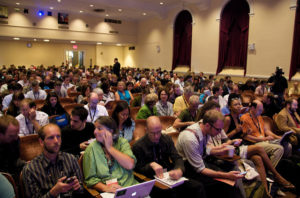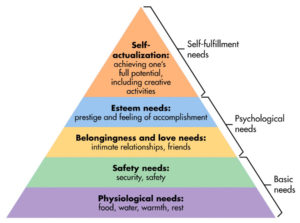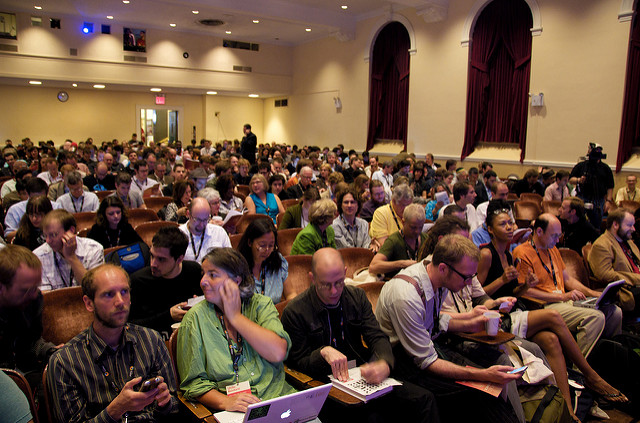 As the walls of the echo chambers in which we live begin to close in on us, we realize that we need to actually talk to one another rather than shout. Over the past year, I have engaged in my own version of outrage over politics and have attended several protests. While protests and online petitions certainly have their place, we also need to leave space for real conversations within communities to help heal some of our national wounds. Until we can learn to recognize the humanity in each individual, there is little hope that our nation can make a shift. While there are many things that need to change before the healing process can begin, the practice of community dialogues is one that carries great promise. Community dialogues are a process that can help us to move past our own agendas and into deeper understanding of others’ point of view. There are many variations on what is called a community dialogue, but they all share some common qualities. The most important qualities are those of respect and safety.
As the walls of the echo chambers in which we live begin to close in on us, we realize that we need to actually talk to one another rather than shout. Over the past year, I have engaged in my own version of outrage over politics and have attended several protests. While protests and online petitions certainly have their place, we also need to leave space for real conversations within communities to help heal some of our national wounds. Until we can learn to recognize the humanity in each individual, there is little hope that our nation can make a shift. While there are many things that need to change before the healing process can begin, the practice of community dialogues is one that carries great promise. Community dialogues are a process that can help us to move past our own agendas and into deeper understanding of others’ point of view. There are many variations on what is called a community dialogue, but they all share some common qualities. The most important qualities are those of respect and safety. 
Abraham Maslow’s psychological theory of the hierarchy of needs informs the ways that humans experience the world. If the basic physiological and safety needs are not being met, then it is hard for an individual to think about self-fulfillment or self-actualization much less politics. In our current economy, there are many people who do not have their basic needs being met. According to the 2016 census, the United States has 12.7% (40.6 million) of its citizens living in poverty. Millions more are barely scraping by holding two to three jobs in the gig economy with no benefits. Additionally, the manufacturing sector has decreased putting many people out of good paying jobs and into precarious part time employment. In addition, there are many people who do not feel that they have friends, the third level of need on Maslow’s scale. Social Isolation is an increasing problem. With the rise of social media we can see that the loudest, angry voices make themselves heard. So how do we move from a socially isolated society where many individuals’ basic needs are not met to one where we can have deep conversations around the important issues in our nation?
While there is no one simple solution to these issues, improving our ability to see the humanity in one another is a great place to start. Community dialogues can teach us how to listen and learn from one another. When we feel heard, our social isolation dissipates and we can feel connected to our communities. There are already some excellent models for community dialogue happening right now. Dr. Gregory Ellison II founded Fearless Dialogues in Atlanta shortly after the Zimmerman verdict in the Trayvon Martin case was delivered. Dr. Ellison recognized that there needed to be a space for dialogue rather than anger. Another example is the Beloved Community dinners that the Friends Society (Quakers) hold regularly. Different Quaker communities host these dinners around topics that need community discussion. Most recently the Friends School of Atlanta held a dinner and community discussion around the #MeToo movement and the issues it brings up for individuals. Another group, Better Angels, is a national citizens’ movement designed to bring red state and blue state people together to hear one another’s point of view.
Much of the root of the issues we have as a nation are more intrapersonal in nature rather than interpersonal. In a well-run community dialogue, the moderator takes the time to help the attendees truly see one another as fellow humans with worth. Once that connection has been established, the dialogue can begin. There are ground rules that support safety and confidentiality within the space so that everyone can feel free to speak freely and respectfully.
As we consider next steps in improving our society and culture, we can look to community dialogues as a powerful tool to help bridge the political divides that are growing each day.

There are no comments
Add yours